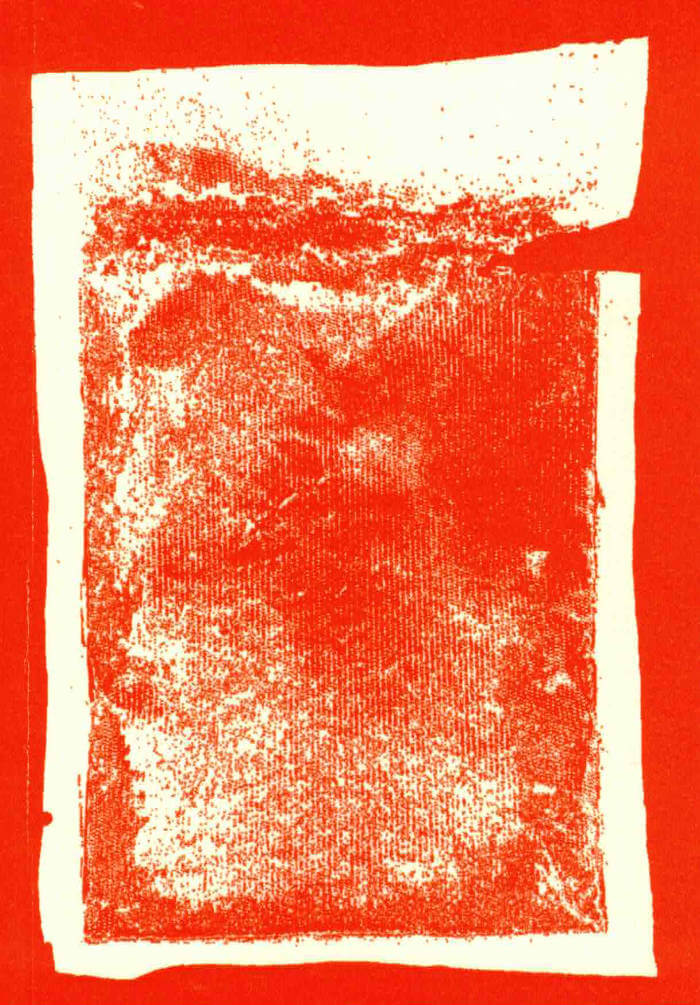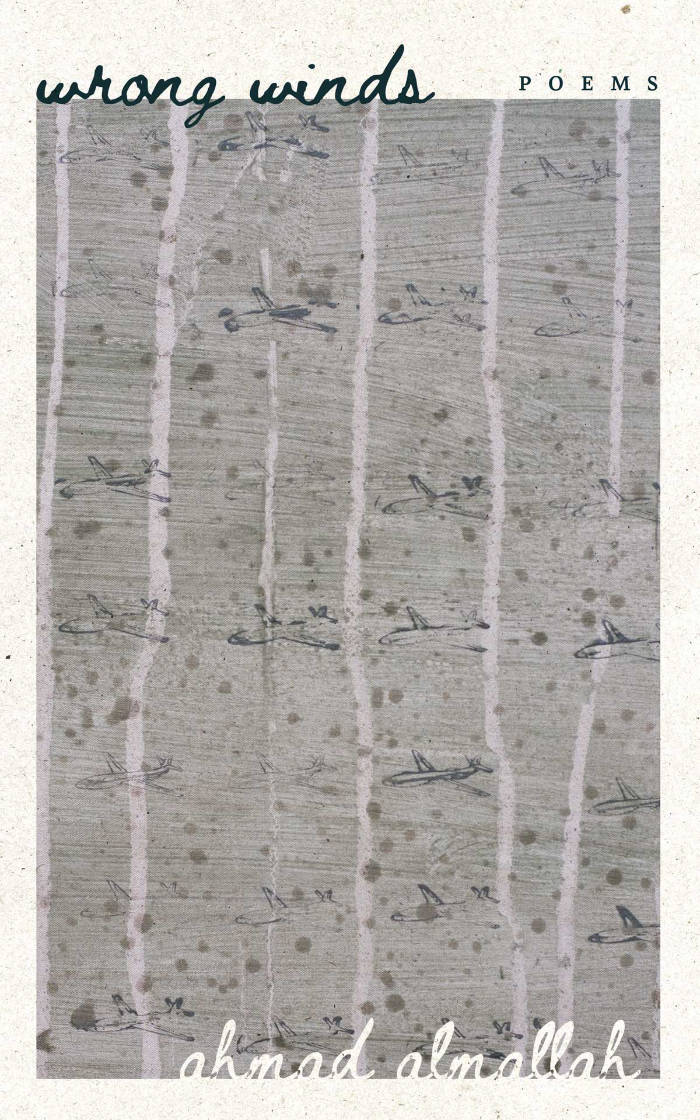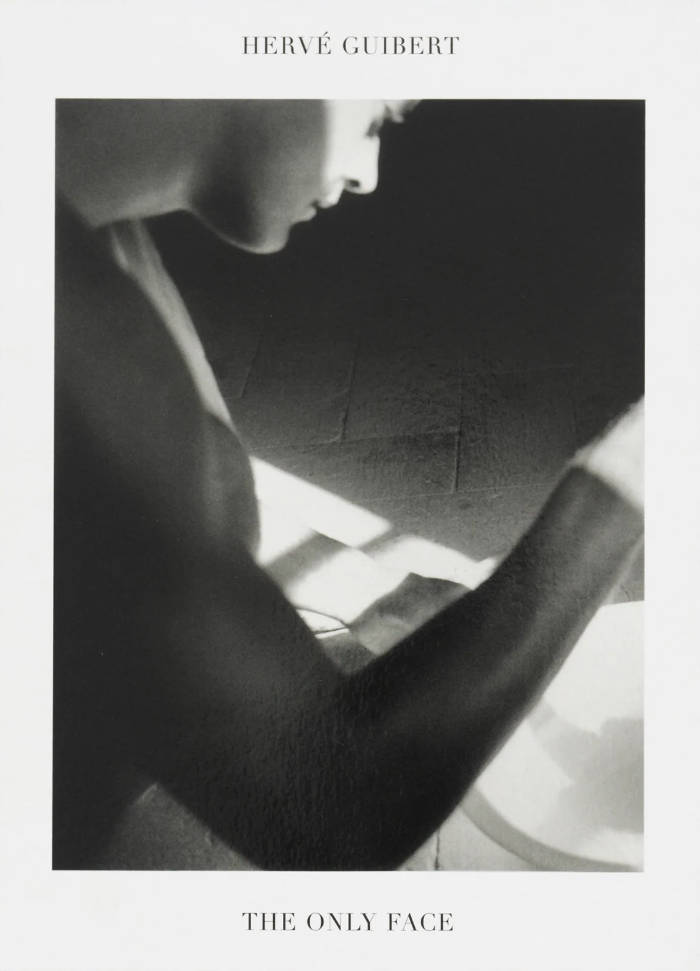

recommendations

The (Fair) Kin Arts Almanac
The Fair Kin Arts Almanac is made with the voices of more than 130 artists, writers, and activists spinning their thoughts and experiences into 12 chapters around a year. Surprising perspectives, recipes, sound practices, and reflections around ecology, parenthood, the need to rest in a life that never stops, the urgency for space and infrastructure for artists, redistribution of resources, accessibility of the sector, artistic involvement in politics and much more.
The FAIR KIN ARTS ALMANAC is a circular book, filled with perspectives, recipes, astrological wisdom, ideas, games, proposals and in depth reflections around topics of social political relevance. For the Arts and beyond.
The book was edited by a team of 13 editors that in turn each worked with artists, art workers, writers and academics. Chapters range from politics, making space, education, parenthood, accessibility, ecology, mutuality, rest, migration, redistribution, property & open source and relationality.

Fair Arts Almanac 2019
In 2019 SOTA finished the first Fair Arts Almanac. The content of the book was generated during a week long summer camp in 2018 with about 70 contributors. The result was a bundling of tips & tricks, statements & demands, visions & ideas, dates & data, testimonies & voices, addresses & announcements on fairness within the complex relationships between the artistic, political and economic sphere. The compilation of various contributions in this first edition was deliberately associative and open for debate, full of contradictions, loose ends and inconsistencies.

More Than Chilli
Chilli is one of the most popular food ingredients in contemporary China, and symbolic of modernisation. More Than Chilli goes beyond its trendy façade to explore Chongqing, known for its tradition of spicy food. From the perspective as a local, Rossy Liu reflects on her own personal memories associated with chilli. A combination of fragmented scenes, objects, dialogues, movements and sounds are drawn on to unravel the locality of culinary identity. While chilli has become a ubiquitous flavour in today's global society, the book emphasises the hidden intimacy that still exists between Chongqing locals and their unfiltered connection to chilli.

TYPP (The YellowPress Periodical)
TYPP is the community journal of Sint Lucas School of Arts in Antwerp. TYPP is partly a generator for the shared research of our advanced master students, and partly a platform for carefully selected contributions by tutors, students, alumni, guest lecturers and friends of SLA. TYPP is a stage where art and research from this community is shared with you, to enjoy, read, look, learn and get inspired.
Each edition is carefully and freely designed by Ward Heirwegh.

Why I Failed in Porn
This book follows my journey of launching, growing, and ultimately failing in the adult entertainment industry. It explores society’s complex relationship with porn and sex education, the challenges of entrepreneurship, and the struggles of working in a deeply stigmatized space. Sometimes funny, often dramatic, and always surprising, it offers an unfiltered look at the business side of porn and what it really takes to challenge the status quo.

The Letters of Douglas Oliver and J. H. Prynne
Douglas Oliver (1937–2000) and J. H. Prynne (b. 1936) are two of the most original and ambitious poets of the contemporary era. Eschewing the conservativism of mainstream postwar British verse and embracing influences from America and Europe, each developed their craft through continuous correspondence and exchange as part of the febrile scene of poetical community and contestation that emerged in Cambridge in the 1960s. Their works over the following decades exhibit frequent shifts in form and style, from Prynne’s radical transformation and dispersal of the lyric tradition to Oliver’s adaptation of dream visions and medieval-inspired verse satires.
Their letters are a record of both the high stakes and playful experiments that constitute the writing lives of two singular poets determined not just to engage with modern political and social life during decades of crisis and upheaval, but to contribute through the circulation and publication of poetry to what Oliver calls “a community of political ethic.” Over the course of more than thirty years of friendship and mutual appreciation, the motivations for, and consequences of, their poems are constantly worked through, tested out, evaluated, and contradicted, always with a view to what the poetry means for the other, for the poetical communities they inhabit, and for the life of poetry itself.
This volume collects for the first time the majority of Oliver and Prynne’s correspondence, allowing new insights into the literary, political, and historical contexts of their lives and writing. An introduction, notes, and appendices provide a scholarly apparatus to situate Oliver and Prynne among the poets and publishers with whom they worked and socialized, and to identify and expand upon their frequent references to an enormous range of source material and reading matter.
“The correspondence between J. H. Prynne and Douglas Oliver is gripping and illuminating, brilliantly edited and completely absorbing. Two great poetic intelligences respond to each other’s work and to the society around them, thinking through the issues at stake in their poetic practice, their differences in approach, the different worlds they inhabit, their shared commitment to writing poetry and their admiration of each other’s work. The letters, complex as their matter can be, repay repeated reading; taken together, over a period of 33 years, they chart the context and creation of some of the most significant work in late twentieth-century poetry. This is an utterly engaging volume, and should be read by anybody interested in poetry and its place in the contemporary world.”—Ian Patterson
“For writers who welcome each other as peers, the exchange of letters is the spontaneous moment of exposure, the drawing out of selves. It is thinking in mutuality. In this thoughtfully edited and carefully, even beautifully, presented correspondence between Douglas Oliver and J. H. Prynne, two of the preeminent poets of the ‘British Poetry Revival’ of the post-World War II generations, we witness two writers of immense gifts thinking with each other, coming alive to thought and, ultimately, a shared world or community of wish. There is life, there is death; there is grief, there is anger – and love – but always there is a seeking, an attempt to arrive at a language for our worlds. Henceforth, one cannot imagine reading the work of either Oliver or Prynne without this correspondence and all that it offers in openings onto what Oliver himself saw as ‘the poet’s full performance [which] is the whole life’s work.’ It is a glimpse into an athanor of poetic creation.”—Michael Stone-Richards

Wrong Winds
Ahmad Almallah’s third poetry collection considers the impossible task of being a Palestinian in the world today.
When genocide is the question, can the answer be anything but wrong? In Wrong Winds, written during the first months of Israel’s genocidal assault on Gaza, Palestinian-American poet Ahmad Almallah converses with the screams echoing throughout the West. Traversing European cities, Almallah encounters the impossibility of being a Palestinian, left alone in a world full of sympathizers and enemies. Through a continuous unsettling of words and places, considering the broken voices of Western poetry (Eliot, Lorca, and Celan, among others), the poems in Wrong Winds discover the world again and form an impossible dialogue with the dead and dying.

The Only Face
Hervé Guibert’s photobook The Only Face is not a novel in the traditional sense, but it is filled with characters, settings, and mystery. It starts with bodies — their faces either eclipsed or out of frame — before unleashing a bravura sequence of portraits: friends, lovers, family, Guibert himself. As the book approaches its final act, his subjects are again obscured. Then they disappear completely, leaving behind only the objects they touched, until even those vanish, leaving only light.
Most of the photographs in The Only Face were taken on Guibert’s travels — to Italy, Spain, Germany, Poland, Czechoslovakia, Hungary, the United States — but their settings are, with few exceptions, small private interiors. The effect is an inwardness that communicates Guibert’s deep affinity with his subjects. In his prior books, many of these same individuals are identified only by initials, but here he has elected to use their first names, further instilling the whole project with intimate familiarity. Guibert describes his initial apprehension about making this intimacy public, but he ultimately realized that by publicly exposing these "familiar bodies, beloved bodies, I am doing only one thing — an enormous thing, I believe, in any case the goal of all my work, all my creative pretension — which is this: to bear witness to my love."